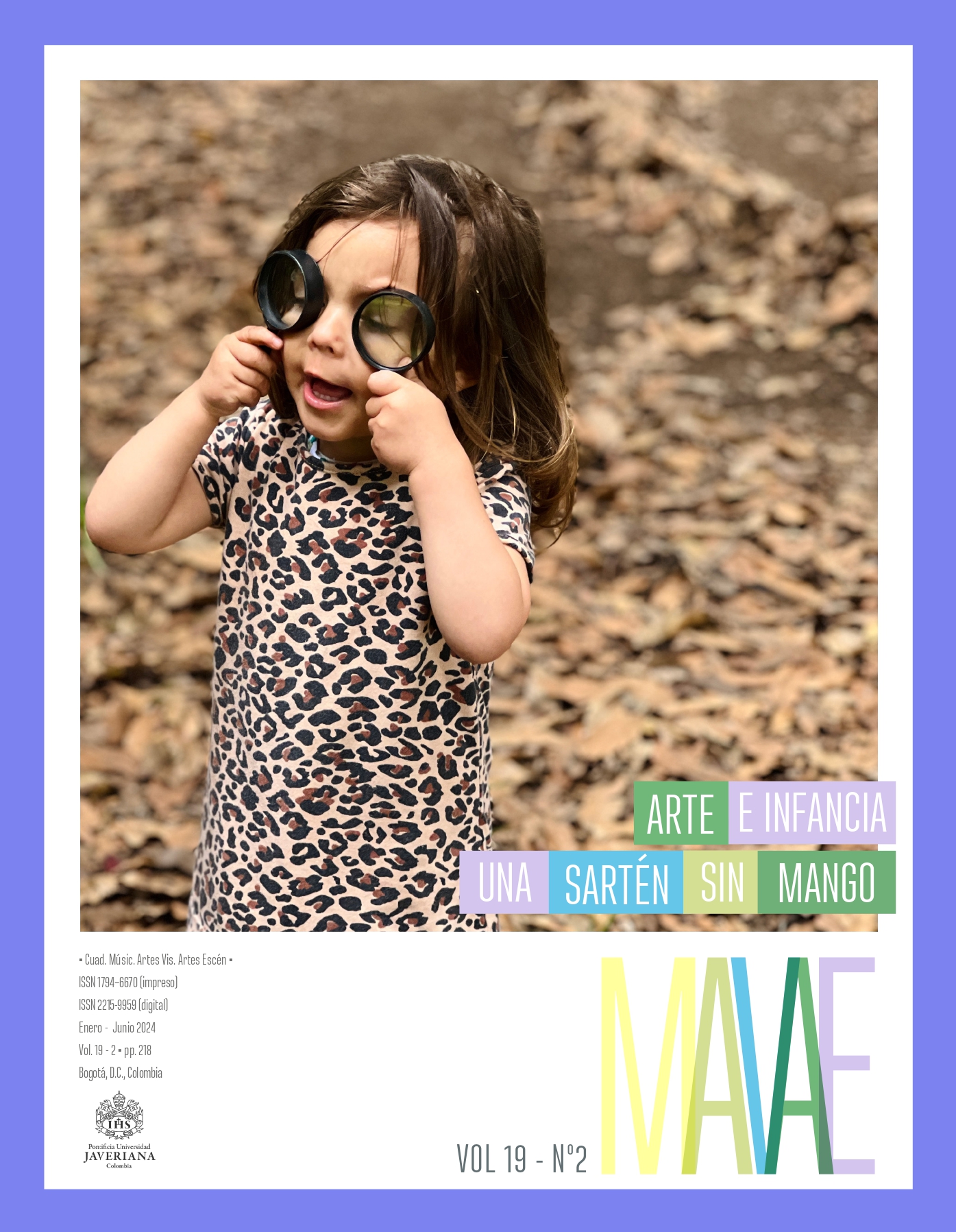The demands and gifts of reading in The Friends, Angelica and The Yellow Bag, three novels by Lygia Bojunga Nunes
##plugins.themes.bootstrap3.article.details##
Lygia Bojunga Nunes is a brazilian author born in 1932. In 1982 she became the first Latin American to win the Hans Christian Andersen award. Then, in 2004, she received the second edition of the International Children’s Literature Prize in Memory of Astrid Lindgren. This article questions the representation of childhood in three of her novels: Angelica (1975), The Friend (1972) and The Yellow Bag (1976). This sample is enough to identify aspects that characterize the author’s poetics and that
answer the question about the representation of childhood in her novels. Lastly, this work assumes a critical decolonial perspective. Therefore, it reviews the representation of four categories of oppression: age, species, class and gender. One of its most
important assumptions is the aetonormativ concept postulated by Maria Nikolajeva and the approaches of Clémentine Beauvais. From them it is proposed that Bojunga Nunes’ literature is, as Jean-Paul Sartre argued, a gift and a demand for the reader.
This is due to the presence of unusual or censored topics in children’s literature and the presence of the adult voice, as well as the demands and gifts of reading.
children’s literature, censorship, Brazil, gender, adultcentrismliteratura infantil, censura, Brasil, gênero, adultocentrismoliteratura infantil, censura, Brasil, género, adultocentrismo
Beauvais + LIJPE””. https://linternasybosques.com/2018/06/12/a-las-barricadas-literatura-politicamentecomprometida-
clementine-beauvais-lijpe-flai-2018/
Bojunga Nunes, Lygia. 1972. Los amigos. Bogotá: Norma.
Bojunga Nunes, Lygia. 1975. Angélica. Bogotá: Norma.
Bojunga Nunes, Lygia. 1976. La bolsa amarilla. Bogotá: Norma.
Hanán Díaz, Fanuel. 2020. Sombras, censuras y tabús en los libros infantiles. Cuenca: Universidad de Castilla-La Mancha. https://ruidera.uclm.es/server/api/core/bitstreams/5ba97ddf-f2f8-40e5-bee2-55cae674006c/content
IBBY (International Board on Books for Young People). 1980. 1980 Hans Christian Andersen Awards Nominees. Zúrich: IBBY. https://
www.ibby.org/es/subnavigation/archives/flipbook?tx_archive_archivelist%5Baction%5D=show&tx_archive_archivelist%5Bcontroller%
5D=Publication&tx_archive_archivelist%5Bpublication%5D=9&cHash=5d3e796129ad19d722554f1b5bb3e7c7
IBBY (International Board on Books for Young People). 1982. 1982 Hans Christian Andersen Awards Nominees. Zúrich: IBBY. https://
www.ibby.org/es/subnavigation/archives/flipbook?tx_archive_ archivelist%5Baction%5D=show&tx_archive_archivelist%5Bcontroller%
5D=Publication&tx_archive_archivelist%5Bpublication%5D=8&cHash=adc21125798b3e000c6548a06f2245ec
IBBY (International Board on Books for Young People). 2024. “El Premio Hans Christian Andersen”. https://www.ibby.org/es/awards-activities/awards/el-premio-hans-christian-andersen
Nikolajeva, Maria. 2009. “Theory, Post-theory, and Aetonormative Theory”. Neohelicon 36, n.º 1: 13-24. https://doi.org/10.1007/
s11059-009-1002-4
Nodelman, Perry. 1992. “We Are All Censors”. Canadian Children’s Literature, n.º 68: 121-133. https://ccl-lcj.ca/index.php/ccl-lcj/
article/view/2799
Nodelman, Perry. 2008. The Hidden Adult: Defining Children’s Literature. Baltimore: The Johns Hopkins University Press.

This work is licensed under a Creative Commons Attribution 4.0 International License.


